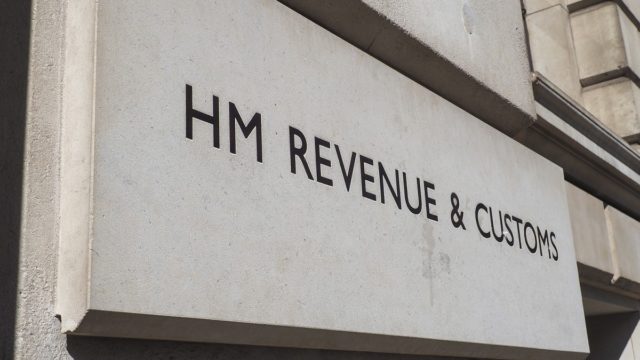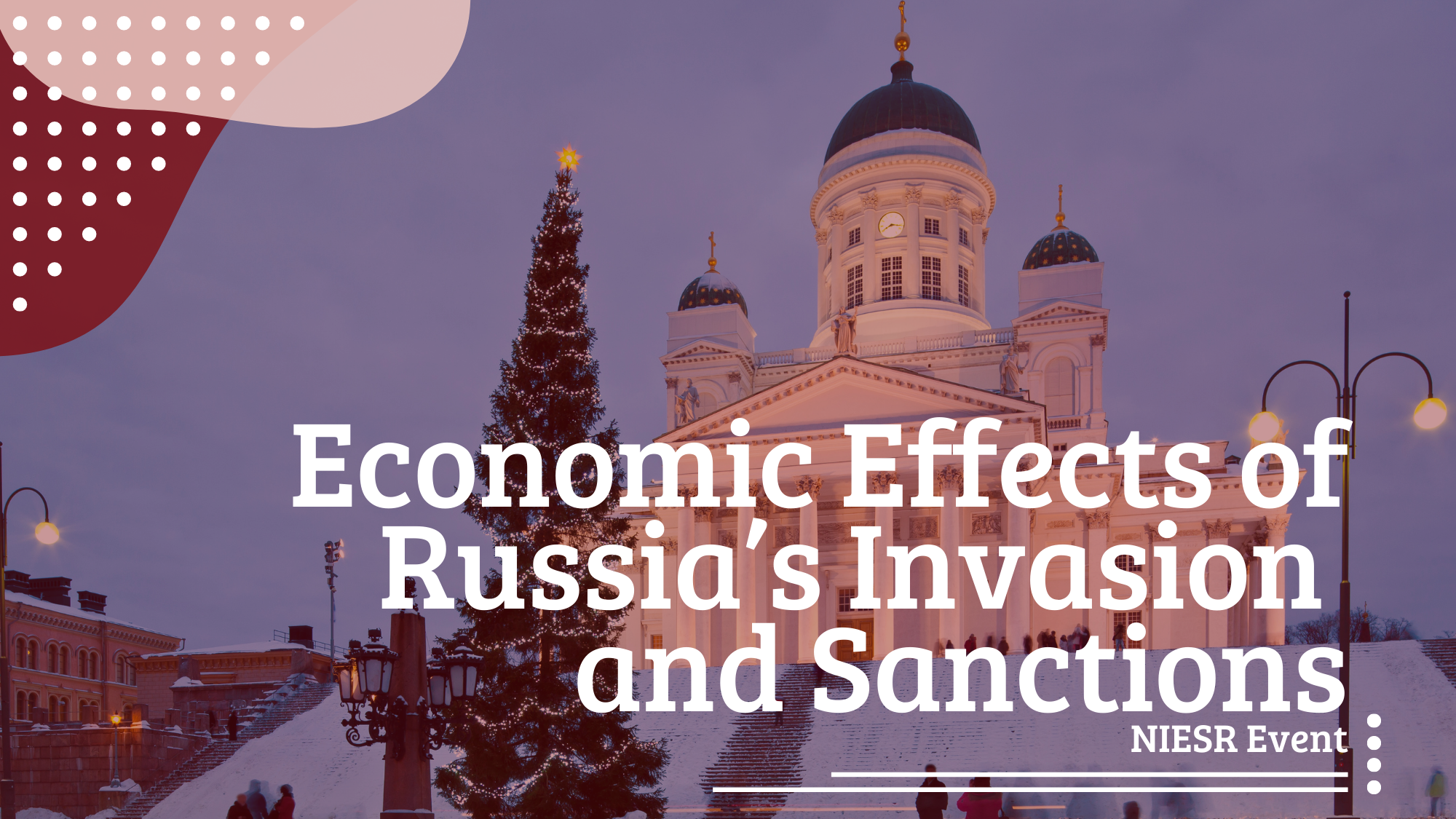Will the UK Break Apart?

The United Kingdom is under growing strain, its continuous existence as a union of four nations – England, Wales, Scotland and Northern Ireland – threatened by forces that seek secession. Scottish independence remains a live question that was not settled by the 2014 referendum and looks set to become the main election issue for many years to come. In Wales support for independence, while still a minority position, is on the rise.
Meanwhile, the possibility of a ‘border poll’ in Northern Ireland has been receiving much more attention since Brexit and the implementation of the NI Protocol, which places a border between Britain and Northern Ireland in the Irish Sea. Secession would likely mean the NI province seeking to join the Republic in a reunified island of Ireland.
While Scotland, Wales and Northern Ireland pose questions about the sustainability of the Union, another vigorous debate is taking place on how to reduce the large regional inequalities across the country, in particular in England given the government’s ‘Levelling Up’ agenda since the 2019 general election.
As the latest double issue of the National Institute Economic Review shows, devolution is often seen as the panacea for secession. Yet the more fundamental question is whether over-centralisation has been the main driving force for independence movements and whether devolving power and resources to national levels is sufficient or whether devolution should extend to regions, localities and perhaps even communities and neighbourhoods. What economic and governance arrangements between Westminster and the UK’s constituent parts would renew the bonds binding Britain together?
In an interdependent world it is worth making the point that arguments for centralisation and a unitary state rest with exploiting economies of scale, benefitting from spill-over effects from one part of the country to another and ensuring some national redistribution between prosperous and poorer regions or households. But as the world economy de-globalises and rising regional inequalities hold back growth, the main argument for devolved and multiple governments is the better matching of preferences because regions and households are hugely diverse.
Devolving decision-making powers and fiscal resources is more efficient through local provision by responding with greater agility to citizen needs and demands. An additional argument for devolution is the greater possibility of policy experimentation. But at what point are needs and identities so distinct as to justify secession from the UK? What are the tensions and trade-offs between cultural specificity and shared economic benefits.
Despite the deep-seated differences between the UK’s four nations, there is little appetite for the status quo – never mind increased centralisation. The political and policy debate hinges on whether more devolution can save preserve and strengthen the Union or whether secession is all but inevitable given economic disparities and competing conceptions of national identity. At the heart of the matter is the tension between the potential benefits linked to greater economic autonomy, on the one hand, and the costs associated with the loss of shared culture and institutions, on the other hand.
This tension applies as much to the question of a separate Scottish currency and a border between Scotland and England as it does to the issue of the valuation of assets and liabilities such as pensions. But there are also more specific tension arising from the process of devolution itself and the impact of various shocks. In Scotland as in certain city-regions of England, fiscal powers have been granted to devolved and regional governments in return for accepting additional fiscal risk. But this process has been heavily disrupted by Brexit and the Covid-19 pandemic, such that the competences of the UK government and the devolved governments is in much greater dispute than before those events. This dispute, in turn, weakens the political ties binding together the Union.
The case of Wales raises questions about how the effects of devolution on economic and social outcomes. Arguably, a weak UK government strategy and Welsh government policy lacking coherence and consistency have limited the positive impact of devolving powers and resources. If income and consumption transfers from the UK government have done little to promote growth, this may create a trap as the fiscal deficit means Wales cannot pose a credible threat to the Union, which in turn does not make investment in Wales urgent.
As for Northern Ireland, further devolution should not be seen as a ‘silver bullet’ to solve the province’s relatively weak economic performance, especially its persistently low productivity growth. Those who focus on tax devolution should be more cautious in what they can expect it to achieve as it does not directly address the lack of investment in human and physical capital.
To reduce regional inequalities in England, a combination of governance change and sustained investment are required in a holistic rather than piecemeal manner. The key policy areas required for increasing regional productivity – regional policy, industrial strategy and vocational education – have been subject to the greatest instability and churn. And if institutions are to be defined as ‘the rules of the game’, then England and the rest of the UK suffer from having a set of rules that are particularly bureaucratic and opaque – with fragmented funding and a myriad of devolution deals controlled by the Treasury.
The status quo of the UK’s lopsided settlement, which consists of a highly centralised governance system centred on Westminster and the devolving of responsibilities to lower levels without a concomitant transfer of decision-making powers and fiscal resources, seems untenable. Among the alternatives are a better ‘division of labour’ between central, devolved nations/regional and local levels, with the appropriate decentralisation of powers, including tax-raising powers and decision-making in relation to a whole host of key policies such as housing, health and skills.
The puzzle – or paradox – is that the UK’s institutions and policies are too centralised in spatial, geographic terms and simultaneously too fragmented in functional, sectoral terms. An essential unitary state with some limited devolution means that the geographical concentration of power in Whitehall and Westminster stifles regional and local initiative while paying insufficient attention to specific conditions and needs, which in turn exacerbates tensions between the centre and the constituent parts. As pressures for Scottish independence and a border poll in Ireland grow, the political economy of devolution and secession outlined in this special issue provides a framework for analysis and alternative policy ideas.
See the latest National Institute Economic Review
Watch our workshops on the Political Economy of Devolution in, and Secession from, the UK



















